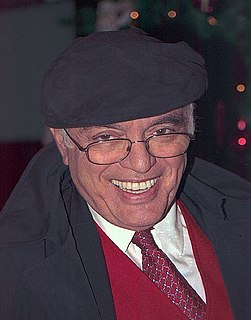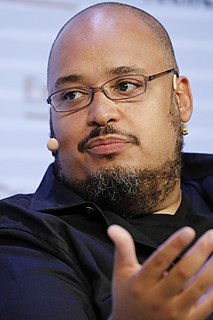A Quote by Michele Bachmann
The very founders that wrote those documents worked tirelessly until slavery was no more.
Related Quotes
But we also know that the very founders that wrote those documents worked tirelessly until slavery was no more in the United States. I think it is high time that we recognize the contribution of our forbearers who worked tirelessly, men like John Quincy Adams, who would not rest until slavery was extinguished in the country.
Long before the technology revolution there was declassification of documents and I've spent quite a lot of time studying declassified internal documents and written a lot about them. In fact, anybody who's worked through the declassified record can see very clearly that the reason for classification is very rarely to protect the state or the society from enemies. Most of the time it is to protect the state from its citizens, so they don't know what the government is doing.
The stage of investing that I do is seed stage, so it's really early. Here's a pair of founders who maybe have a prototype. They have a little bit of traction, maybe one employee, tops. At that stage, you really, really can only evaluate a company based on those founders and what they've been able to build. It's very, very team driven.
I remember when I wrote a piece, "Blood on the Fields," it was a while ago, it was about slavery and about two characters, and I studied so much of music, I would always go back to the original documents, and as much as I can get original chants and slave chants and different type of beats and rhythms and ring shout.
In 1948, I began coaching basketball at UCLA. Each hour of practice we worked very hard. Each day we worked very hard. Each week we worked very hard. Each season we worked very hard. Four fourteen years we worked very hard and didn't win a national championship. However, a national championship was won in the fifteenth year. Another in the sixteenth. And eight more in the following ten years.
There are those of us who are always about to live. We are waiting until things change, until there is more time, until we are less tired, until we get a promotion, until we settle down / until, until, until. It always seems as if there is some major event that must occur in our lives before we begin living.

































